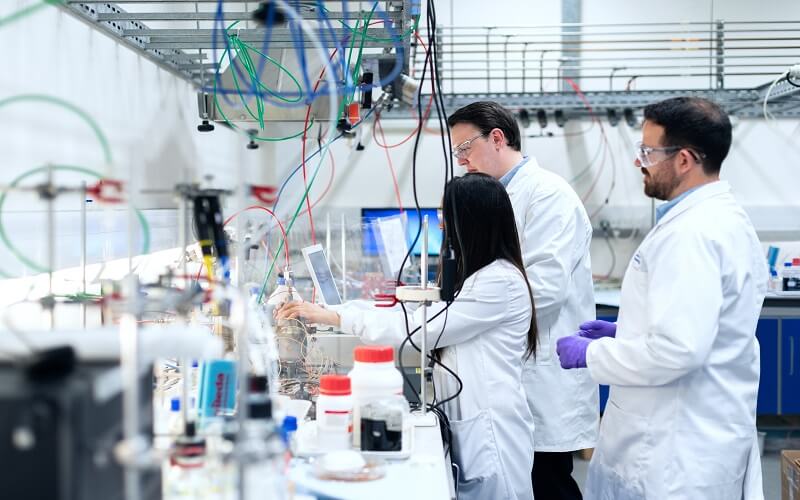
Narmada Engg. & Calibration Services in Delhi
Get a all the details of True value calibration service (BLR) PVT Ltd Ltd. with Name, Number Reviews and address.
With 12 successful years in the field of instrument calibration in Delhi with the ISO and QS certification, Narmada Engg. & Calibration Services Delhi is one of the leading companies reigning in Delhi. It has its links with the government bodies like N.P.L. Delhi, I.D.E.M.I. Mumbai, A.R.A.I.

Narmada Engg. & Calibration Services
Address: 110, near Shiv Mandir, Holambi Khurd, New Delhi, Delhi 110082
Call Now: 7976047244
Services: electrical calibration services, equipment calibration services, gas detector calibration service, hospital equipment calibration services, instruments calibration services, lab equipment calibration services, laboratory calibration services

Services of Narmada Engg. & Calibration Services Delhi
Depending on the kind of instruments and their operations, there are four types of calibration widely used,
- Pressure Calibrations: Widely used for fluids, instruments that deal with gas and hydraulic pressure like pressure gauge undergoes pressure calibration. They deliver their findings in terms of ratio, for example, the 4:1 ratio means the pressure calibrator is 4 times more accurate than the tool it is calibrating.
- Electronic Calibrations: Also known as electrical calibration, this process deals with treating accuracy in devices that are used to measure and control the flow of electrical currents. These electrical tools majorly comprise instruments from the pharmaceutical, aerospace, and defense industries
- Mechanical Calibrations: The need for a mechanical calibration technician is often essential for companies that deal with product development and testing. This process involves testing aspects of mass, torque, and vibration. For example, scales and accelerometers are tools that require mechanical calibration.
4. Temperature and Humidity Calibrations: Devices that require this type of calibration are weather stations, thermal cameras, and digital temperature probes. This process takes place in a tightly controlled temperature setup.
A to Z Guide To Calibration Services in Delhi
Calibration and Its Theory: Towards a definition!
Calibration could be precisely defined as the process of ensuring the accuracy of manufacturing instruments. Retaining the quality control where calibration plays a major role is one of the indispensable factors for any company’s success. The common use of various tools for a long time in any business marks the need for calibration in order to check the performance of the tool and focusing on necessary changes to fix it back to the aligned track with the standard. In other words, this process ensures the bluetick of an instrument by comparing it against a standard item of higher accuracy.
The principles and theory of the calibration process are clear and simple. The goal is to measure the difference while comparing the ideal tool with the subject one. Based on the findings, if there is any significant difference noticed, the mechanism of calibration is required.
Who Needs Calibration Service and Why?
A tool or an instrument is likely to degrade or shade its accuracy standard when used for a long period. With extensive use of tools over the years, they often show drifts and changes in their standard specifications. This is common for all tools both in official and personal spheres. Manufacturing units using several instruments for the refined process is likely to undergo rough use and this can make the instrument go completely out of calibration without any sound notice.
It is important to keep in mind that for the calibration program, the provider needs to adhere to the national standard, proven to have all accurate specifications. Therefore, choosing an ISO-certified company (ISO 17025) is the most ideal and the best choice. Experienced calibration providers also give some oversight protection, deeply analyzing the tested body in the required process. This also comes with Quality Management System requirements.
How Often Should We Calibrate Tools?
An upright answer to this query entirely depends on the type of industry or plant that the tools belong to. Also, the frequency of application is a major factor that determines the need to get calibrated. Generally, an instrument should be calibrated at least once a year.
Essentiality of Calibration for Manufacturers: A Conclusion
As discussed above, the necessity of calibrating for any tool or instrument remains more of a compulsion to retain a smooth business process and ensure the company prospers. However, it is important to get in touch with experienced and properly trained calibrators as incorrect calibration leads to haphazard results, confusion, and compromise customer safety issues.
